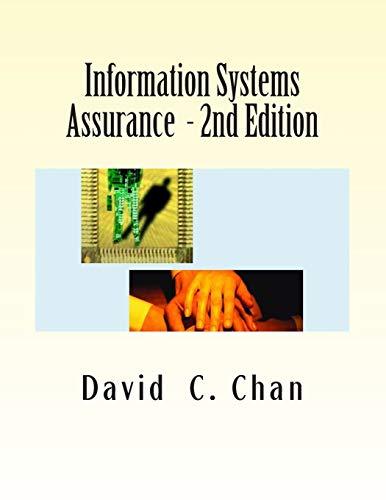Question
Gringotts Industries pays interest of $3 million each year on bonds with an average coupon rate of 7.5%. The firm has 4 million shares of
Gringotts Industries pays interest of $3 million each year on bonds with an average coupon rate of 7.5%. The firm has 4 million shares of stock outstanding and pays out 100% of earnings in dividends. Earnings per share (EPS) is $3.50. Gringotts's cost of equity is 13.5%. Assume Gringotts Industries is subject to income tax at a rate of 41%.
1. Calculate the value of the firm assuming there is no tax shield associated with debt (that is, assume interest is subtracted in calculating earnings, but is not deductible in calculating taxes). Enter your answer in millions. For example, an answer of $1.2 million should be entered as 1.2, not 1200000. Do not round intermediate calculations. Round the answer to two decimal places.
$ million
2. Compare it to the value calculated under the assumptions of Modigliani and Miller's simplest model (i.e., that there are no taxes and no transactions costs in financial markets). How much value has theoretically been lost to investors as a result of taxes? Enter your answer in millions. For example, an answer of $1.2 million should be entered as 1.2, not 1200000. Round the answer to two decimal places.
$ million 3. What is the value of the tax shield associated with the firm's debt? Enter your answer in millions. For example, an answer of $1.2 million should be entered as 1.2, not 1200000. Do not round intermediate calculations. Round the answer to two decimal places.
$ million 4. What is the benefit of debt (the present value of the annual tax shield in perpetuity discounted at the return on debt)? Enter your answer in millions. For example, an answer of $1.2 million should be entered as 1.2, not 1200000. Round the answer to two decimal places.
$ million 5. Calculate the theoretical value of the firm including the benefit of debt. Enter your answer in millions. For example, an answer of $1.2 million should be entered as 1.2, not 1200000. Round the answer to two decimal places.
$ million 6. Compare it with the value calculated under the assumptions of Modigliani and Miller's simplest model. Enter your answer in millions. For example, an answer of $1.2 million should be entered as 1.2, not 1200000. Round the answer to two decimal places.
The difference is $ million.
Step by Step Solution
There are 3 Steps involved in it
Step: 1

Get Instant Access to Expert-Tailored Solutions
See step-by-step solutions with expert insights and AI powered tools for academic success
Step: 2

Step: 3

Ace Your Homework with AI
Get the answers you need in no time with our AI-driven, step-by-step assistance
Get Started


